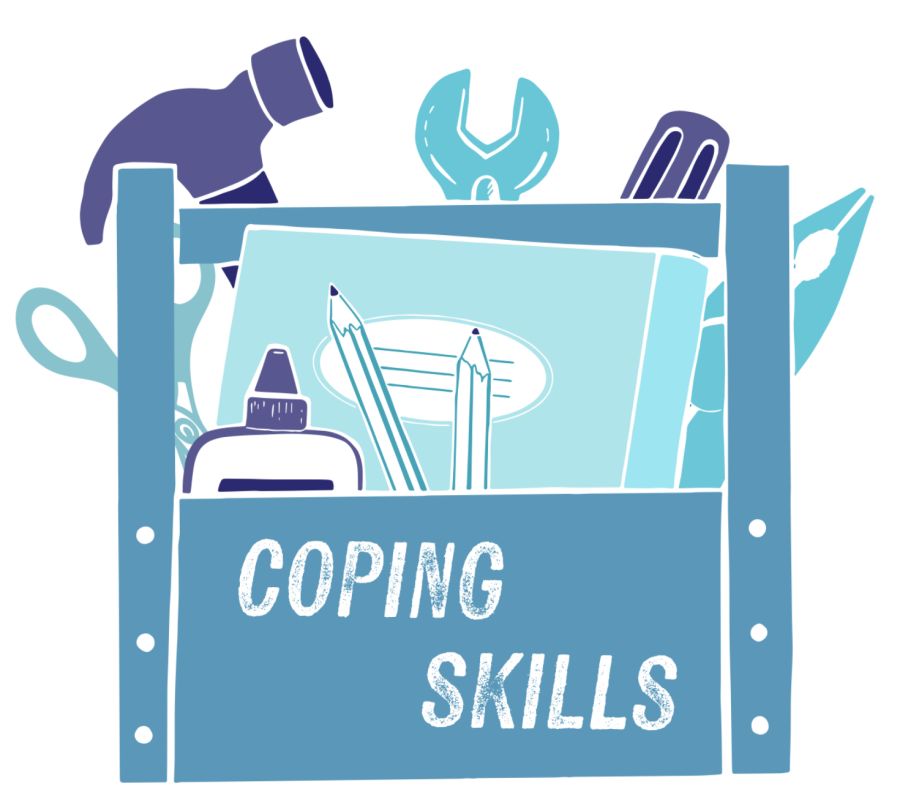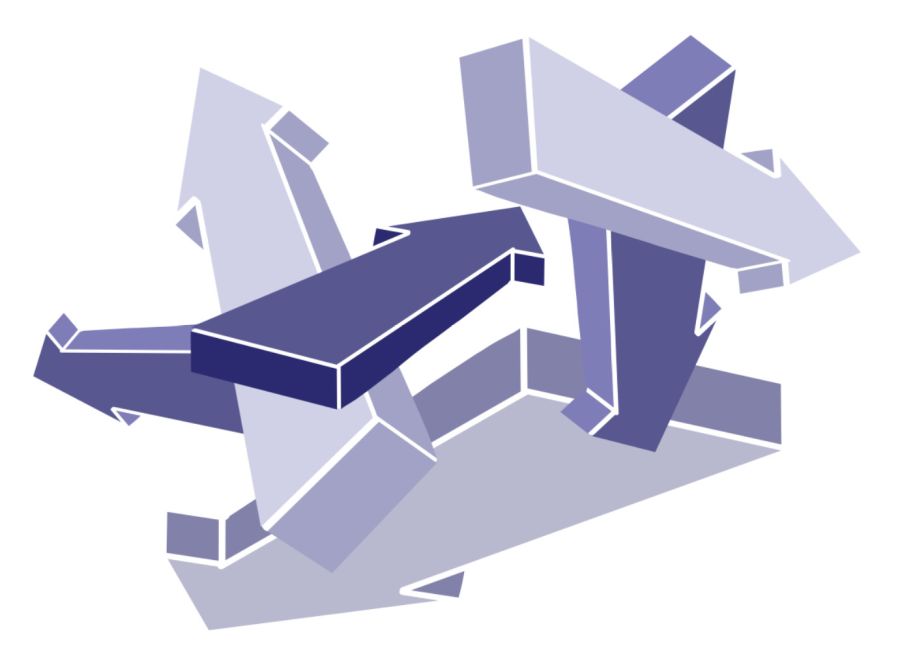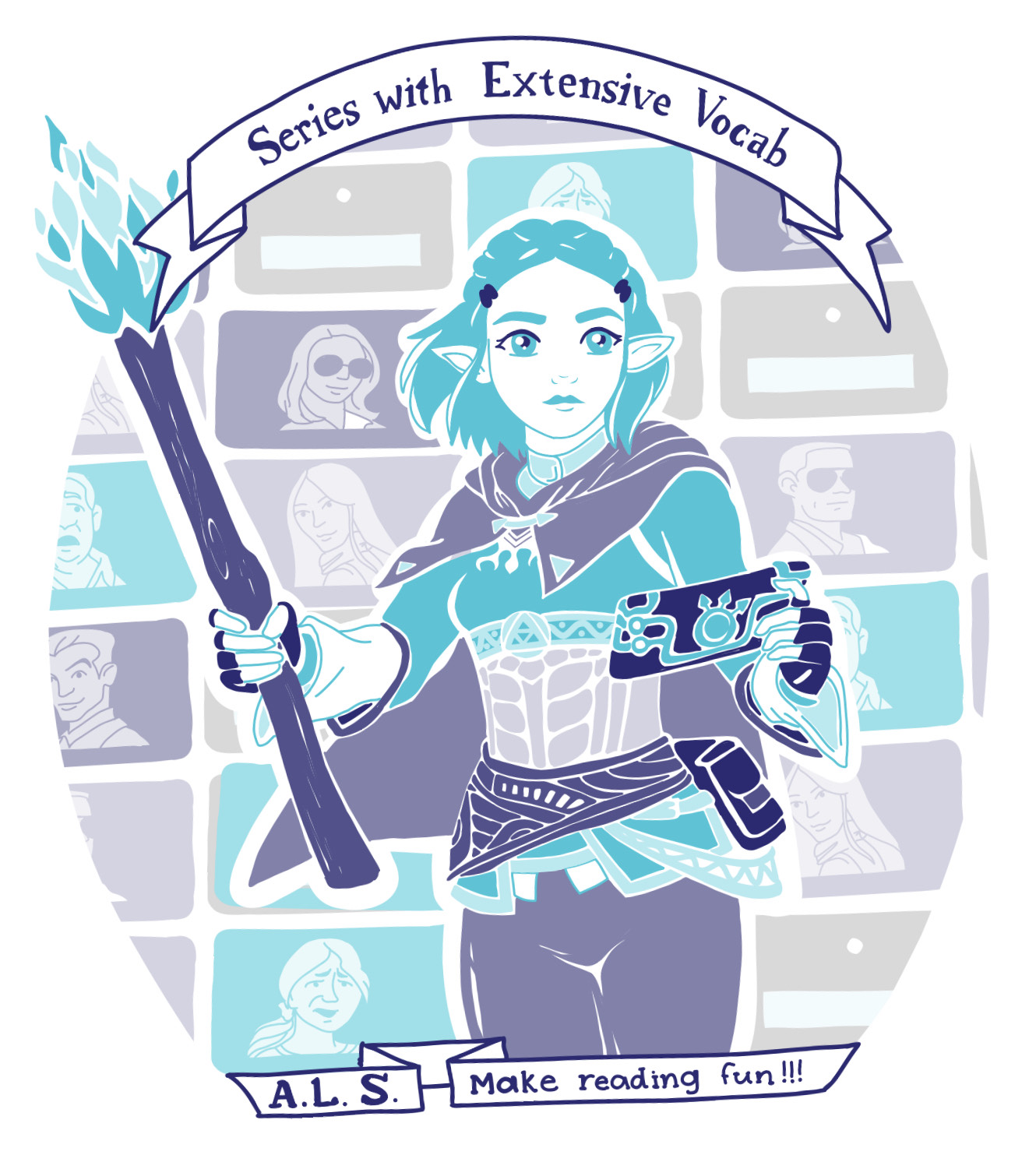Expanding Your Child’s Vocabulary
Having an extensive vocabulary is an essential skill for self expression, communication and understanding. But for kids who struggle with motivation to do their homework, or lack the drive to read challenging books, growing their vocabulary library can seem daunting. Luckily learning doesn’t have to be a chore. In fact it can even be fun. Here are three fun ways to help improve your child’s vocabulary in a way, even they will enjoy.
- Board Games: Codenames - This social word game is simple yet challenging. You can only give one-word clues to try to get your teammate to identify your agents’ codenames among those on the table, while steering them clear from the other team's agents. Only being able to use one-word hints, forces you think carefully about the meaning of a word and how many interpretations it may have. This game not only inspires you to learn new words, it also challenges your true understanding of words you already know.
- Book Series: A Series of Unfortunate Events: With a total of thirteen books in the series, this bizarre and intriguing story will keep you and your child busy for quite some time. But we picked this series for other reasons as well. They are written in such an eloquent way, with new and challenging words that the author manages to make it easy to comprehend. The titles alone hold some really wonderful vocab words. Such as “The Austere Academy” “The Grim Grotto” or “The Ersatz Elevator”. Although the books tell a rather gloomy story of three orphans, the author’s humor and wit keep you coming back for more. But our favorite thing about these books is how the author introduces difficult words to the reader. Here an excerpt from the first book “The Bad Beginning” and another from the second book “The Reptile Room”.
“The book you are holding in your two hands right now - assuming that you are, in fact, holding this book, and that you have only two hands - is one of two books in the world that will show you the difference between the word "nervous" and the word "anxious." The other book, of course, is the dictionary, and if I were you I would read that book instead. Like this book, the dictionary shows you that the word "nervous" means "worried about something"-you might feel nervous, for instance, if you were served prune ice cream for dessert, because you would be worried that it would taste awful-whereas the word "anxious" means "troubled by disturbing suspense," which you might feel if you were served a live alligator for dessert, because you would be troubled by the disturbing suspense about whether you would eat your dessert or it would eat you.”
“When somebody is a little bit wrong, it is often quite easy to explain to them how and why they are wrong. But if somebody is surpassing wrong-say. When a waiter bites your nose instead of taking your order-you can often be so surprised that you are unable to say anything at all.”
- Video games: The Legend of Zelda: Tears of the Kingdom”- This Nintendo Switch game is a sequel to Breath of the Wild, which we recommended in a previous blog. Both games are rated E10, for everyone ages ten and up. While it may seem as though your child bribed me to add this to the list… I promise that is not the case. This game, as well as its prequel, are on our list for two big reasons. First, with the exception of just a few cut scenes, all of the dialogue in this game is written. The player must read quite a lot in order to understand the story. You can even encourage them to read out loud while they play. But the word choice and sentence structure found in the game are the main reason it made the list. Here are just a few of the words that are critical to the story : compendium, ascend, domain, shrine, monolith, destiny, gloom and much more. Below are two examples of the sentence structure of the in-game dialogue.
“He helps deploy the monster-contol-crew squads to where they are needed and has extensive geographical knowledge.”
“I was astonished by the King’s profound kindness.”
Annalyse Tanzos
Related Articles That Might
Interest You

Neurodivergent Special Interest

Coping Skill( CBT techniques and DBT techniques)

